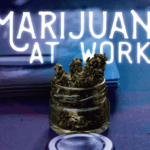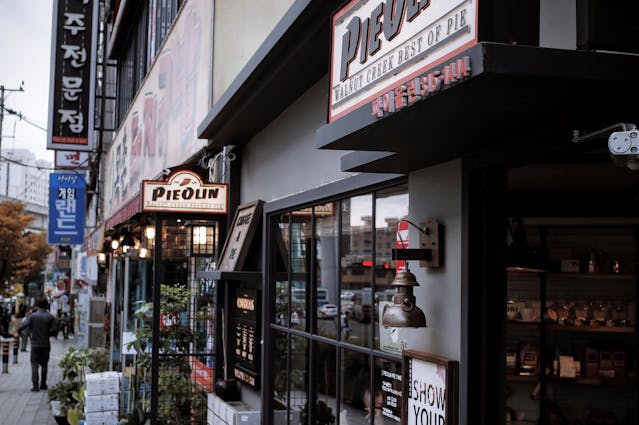Many adults enjoy an occasional glass of wine or a beer with friends. But when does social drinking cross the line into a problematic pattern? Understanding the distinction between casual consumption and alcohol dependency is vital—especially when early intervention and access to alcohol rehab in Los Angeles can mean the difference between a brief struggle and a life‑long battle with alcoholism.
Defining Social Drinking
Social drinking typically features:
- Planned Occasions: Limited to celebrations or gatherings.
- Moderate Quantities: Women up to one standard drink per day; men up to two.
- Controlled Behavior: Ability to decline a drink and avoid drinking alone.
In this context, alcohol complements social bonding without undermining health, relationships, or responsibilities.
Warning Signs of Problematic Use
When alcohol moves from social lubricant to daily necessity, warning signs emerge:
| Category | Indicators |
| Frequency | Drinking daily or craving a “daily unwind.” |
| Quantity | Binge episodes (4+ drinks for women, 5+ for men). |
| Tolerance | Needing more to feel the same effects. |
| Control Loss | Inability to stop once started; failed attempts to cut down. |
| Impact | Neglecting work, family, or health obligations. |
Spotting these patterns early can prompt timely action.
Psychological and Physiological Shifts
Alcohol changes brain chemistry:
- Dopamine Surges: Reinforce drinking behavior, making it more rewarding than sober activities.
- GABA Enhancement: Produces calming effects, leading users to rely on alcohol for stress relief.
- Neuroadaptation: Over time, the brain reduces its own calming mechanisms, creating a cycle of dependence.
Physically, chronic drinking damages the liver, cardiovascular system, and cognitive function.
Screening and Diagnosis
Healthcare providers utilize tools such as the AUDIT (Alcohol Use Disorders Identification Test) to assess risk levels. Questions focus on consumption frequency, dependency symptoms, and alcohol‑related harm. A high score indicates the need for specialized treatment—often beginning with medically supervised detox and evolving into comprehensive rehabilitation.
Intervention Strategies
When social strategies fail, professional intervention steps in:
- Motivational Interviewing: Enhances commitment to change by exploring ambivalence.
- Brief Interventions: Short counseling sessions in primary‑care settings can reduce consumption.
- Referral to Treatment: Based on severity, individuals may enter outpatient counseling or residential programs.
Early, minimally invasive interventions often prevent progression to full‑scale dependency.
Role of Alcohol Rehab in Los Angeles
For those whose drinking patterns pose significant health or social risks, enrolling in an alcohol rehab in Los Angeles offers:
- Medical Detoxification: Safe management of withdrawal symptoms under clinical supervision.
- Individual & Group Therapy: Address underlying causes of drinking—trauma, anxiety, or depression.
- Life‑Skills Workshops: Teach stress management, healthy coping strategies, and relapse prevention.
- Aftercare Planning: Extended support, alumni networks, and outpatient follow‑up ensure long‑term sobriety.
The city’s range of accredited facilities provides tailored programs, from luxury retreats to evidence‑based clinical centers.
Moving Forward: Lifestyle and Support
Transitioning from social drinker to someone in recovery involves:
- New Social Circles: Finding sober communities or activity groups.
- Routine Adjustments: Replacing happy hours with fitness classes, creative hobbies, or volunteering.
- Mindset Shift: Viewing sobriety as a positive lifestyle choice rather than a restrictive sacrifice.
Family involvement and peer support remain cornerstones for maintaining progress.
Conclusion
Moderate alcohol use can enhance social experiences without harm. Yet, recognizing the point at which casual consumption turns into dependency is crucial. Early screening, brief interventions, and, when necessary, enrolling in an alcohol rehab in Los Angeles can halt the slide into alcoholism and pave the way to a healthier, more stable life.














